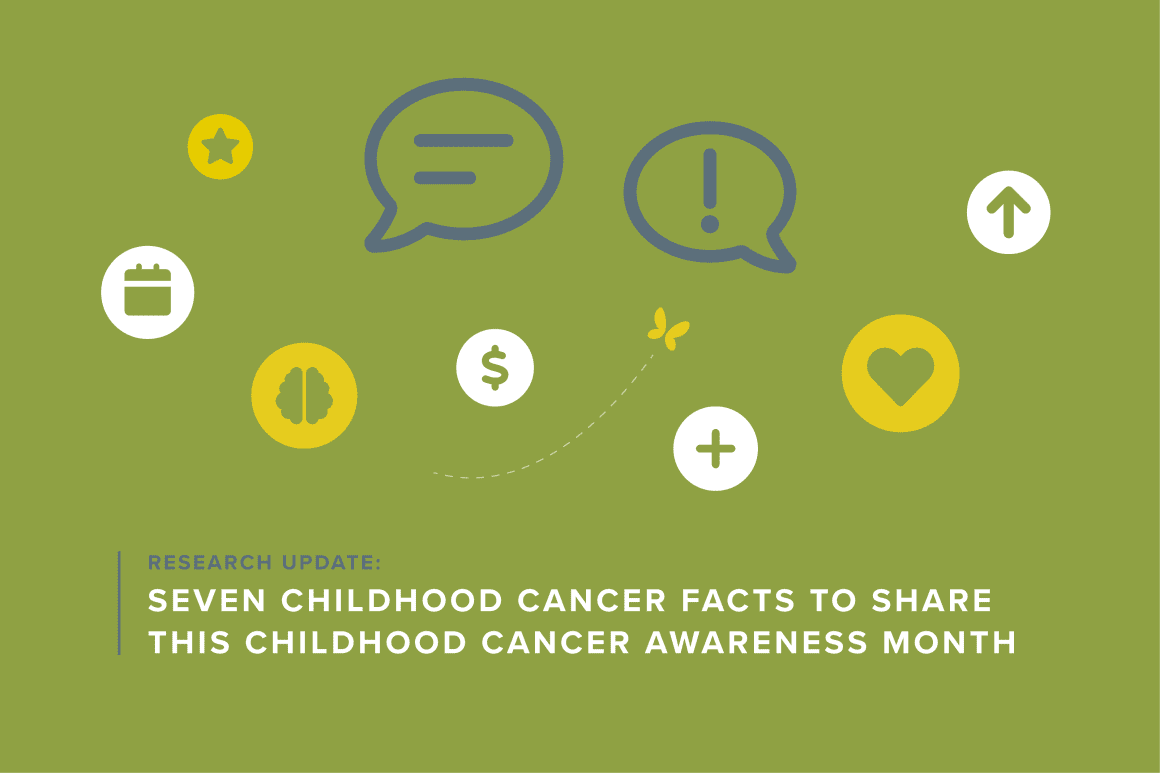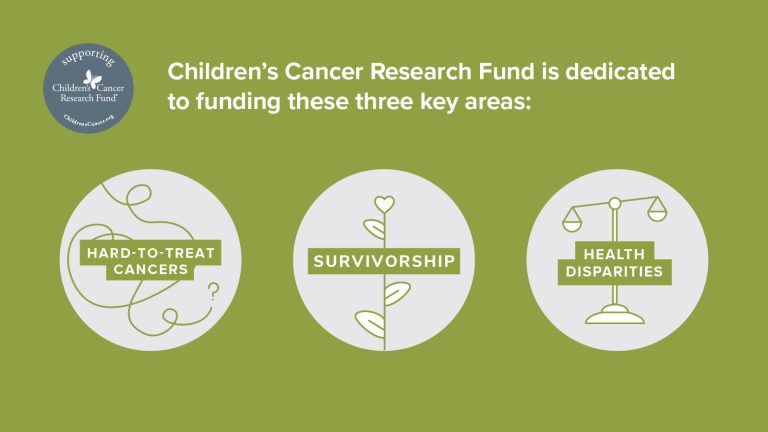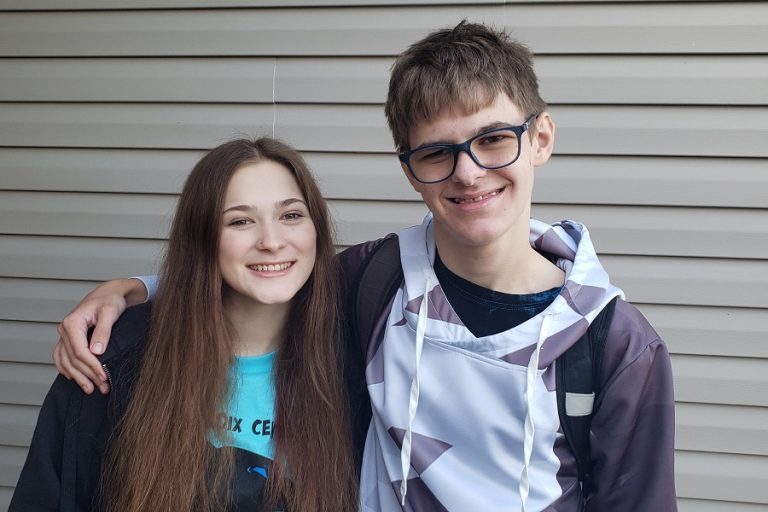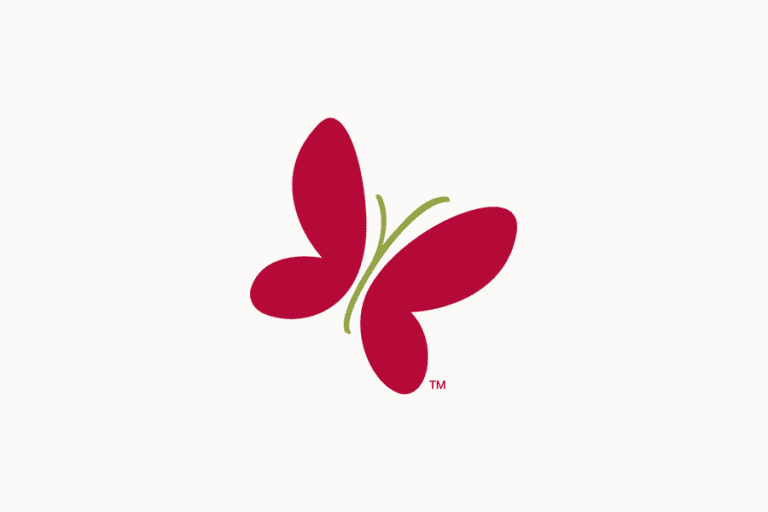This blog post is sponsored by our Childhood Cancer Awareness Month partners: Punch Pizza, Spoon and Stable, sweetgreen, Seabob, Lovebird Foods, Kendra Scott, R.F. Moeller Jeweler, Quiltlove, Minnesota Twins and Minnesota United FC. To create better, safer treatments for childhood cancer, it takes all of us. Learn more here.
In honor of Childhood Cancer Awareness Month, we’ve gathered some facts and statistics about childhood cancer that you can share with your networks – because it’s all of us against childhood cancer, and the more we all know, the more we can do to fight it.
Cancer remains the most common cause of death by disease among children in the United States.
While we may think cancer is rare, it’s actually the number one cause of death by disease in kids. Other causes of death, like accidents and unintentional injuries, are preventable – but unfortunately, we don’t know enough about most childhood cancers yet to determine if it’s possible to prevent them altogether. The best thing we can do for these kids is ensure that if they’re diagnosed with cancer, we’ve funded research to give them safe, effective treatments so they can get back to being a kid as quickly as possible.
1 in 7 children diagnosed with cancer in the U.S. will not survive. For the ones who do, the battle is never over.
Thankfully, over the past few decades we’ve proven that funding research can significantly impact survival rates for kids with cancer – in the 1970s, the childhood cancer survival rate was much lower. But we still have a long way to go to ensure every child diagnosed with cancer can become a happy, healthy survivor.
Childhood cancer is so hard to research because it's not one disease - there are more than 12 types and over 100 subtypes.
Each one of those types and subtypes needs to be treated a little differently – which is why funding research is vital. Cancer treatment, especially for kids, isn’t one-size-fits-all – kids deserve effective, personalized treatments that kill cancer cells while leaving the rest of their growing bodies healthy.
New childhood cancer drugs don't make it to clinical trial until an average of 6.5 years after they've been tested in adults.
Because of the ways clinical trials work, most new drugs must be tested in adults before they make it to kids – and that lag time is often years. These kids don’t have time on their side – which is why your support funding groundbreaking research is so valuable.
Today, only 6 drugs that treat childhood cancer were made specifically for childhood cancer treatment.
Because so many drugs have to be tested in adults first, children with cancer hardly ever have the option to be treated with a drug created just for them. Children’s bodies have so much more growing and developing to do, and they deserve cancer treatments that take that into account.
Cognitive impairment affects up to one-third of childhood cancer survivors.
Because cancer treatments like chemotherapy and radiation are so harsh, many survivors face late-effects like cognitive impairment even after treatment is long over. Kids being treated for cancer are still in essential stages of growth and development – and it’s up to us to give them treatments that don’t get in their way.
More than half of all pediatric cancer research funding comes from CCRF and other foundations. Donor support jumpstarts new ideas and propels research forward.
Unlike adult cancer research, pediatric cancer research gets very little funding from the government – over half of all research for kids’ cancer is funded by donors like you. That means without you, progress can come to a grinding halt. To give these kids the treatments they deserve, it takes all of us.
Start a fundraiser for kids fighting cancer
One of the best ways you can help a child with cancer is to start a fundraiser to raise money for cancer research. No fundraising idea is too big or too small to make a lasting impact in the life of a child with cancer.




